Jenny Martin grew up in Wellington, New Zealand and studied medicine at the University of Otago before going to Oxford to read for a second undergraduate degree in politics, philosophy and economics (PPE). Returning to New Zealand, she trained as a specialist in pharmacology and internal medicine. Martin went on to take her PhD from Monash University before starting her academic career as Head of Southside Clinical School, University of Queensland. She is now Chair of Clinical Pharmacology in the School of Medicine and Public Health at the University of Newcastle, Australia and President of the Royal Australasian College of Physicians. Martin is committed to the Rhodes legacy of service and has served as a mentor to Scholars and as a selector. This narrative is excerpted from an interview with the Rhodes Trust on 10 April 2025.
Jenny Martin
New Zealand & Lady Margaret Hall 1993
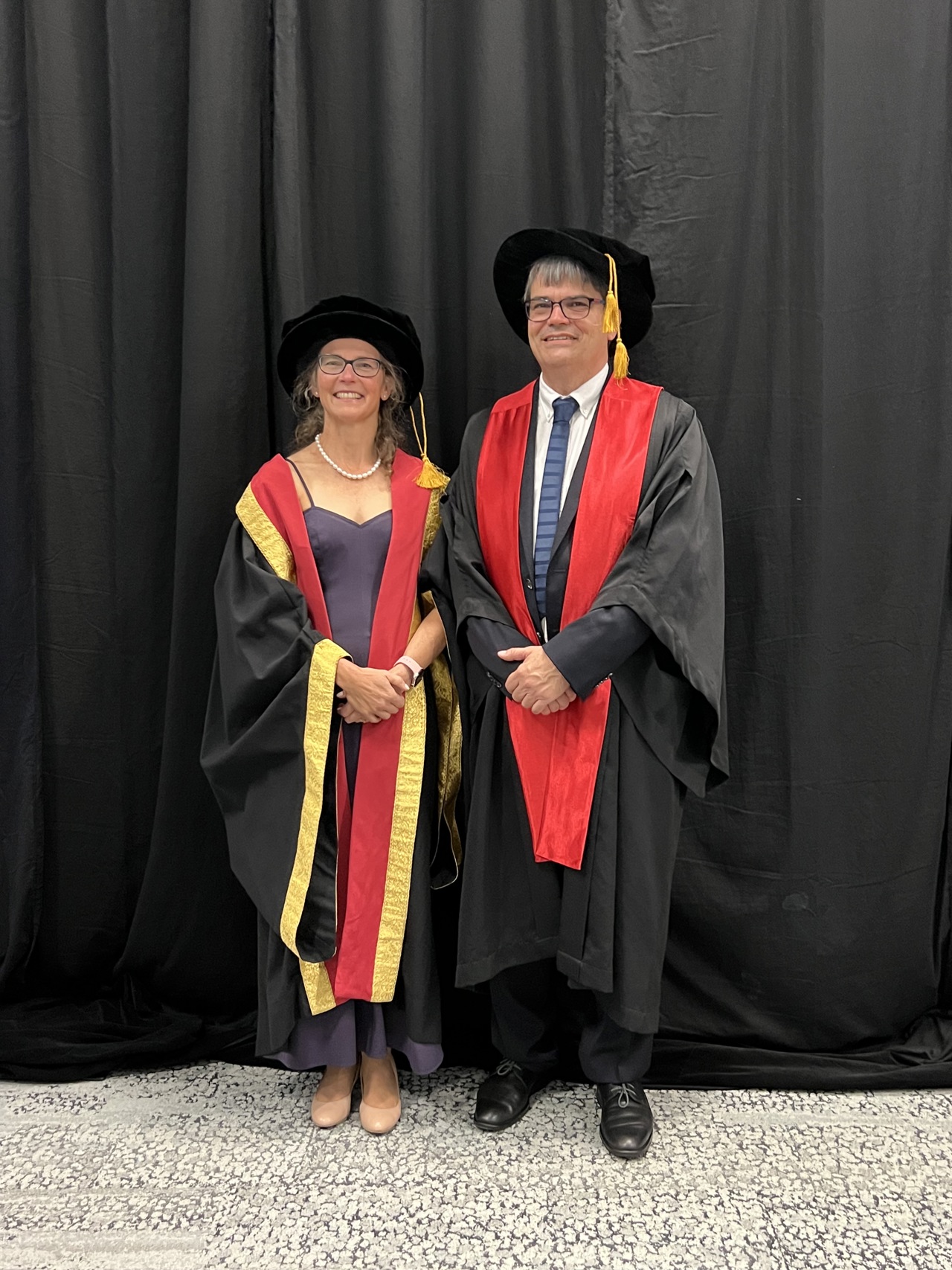
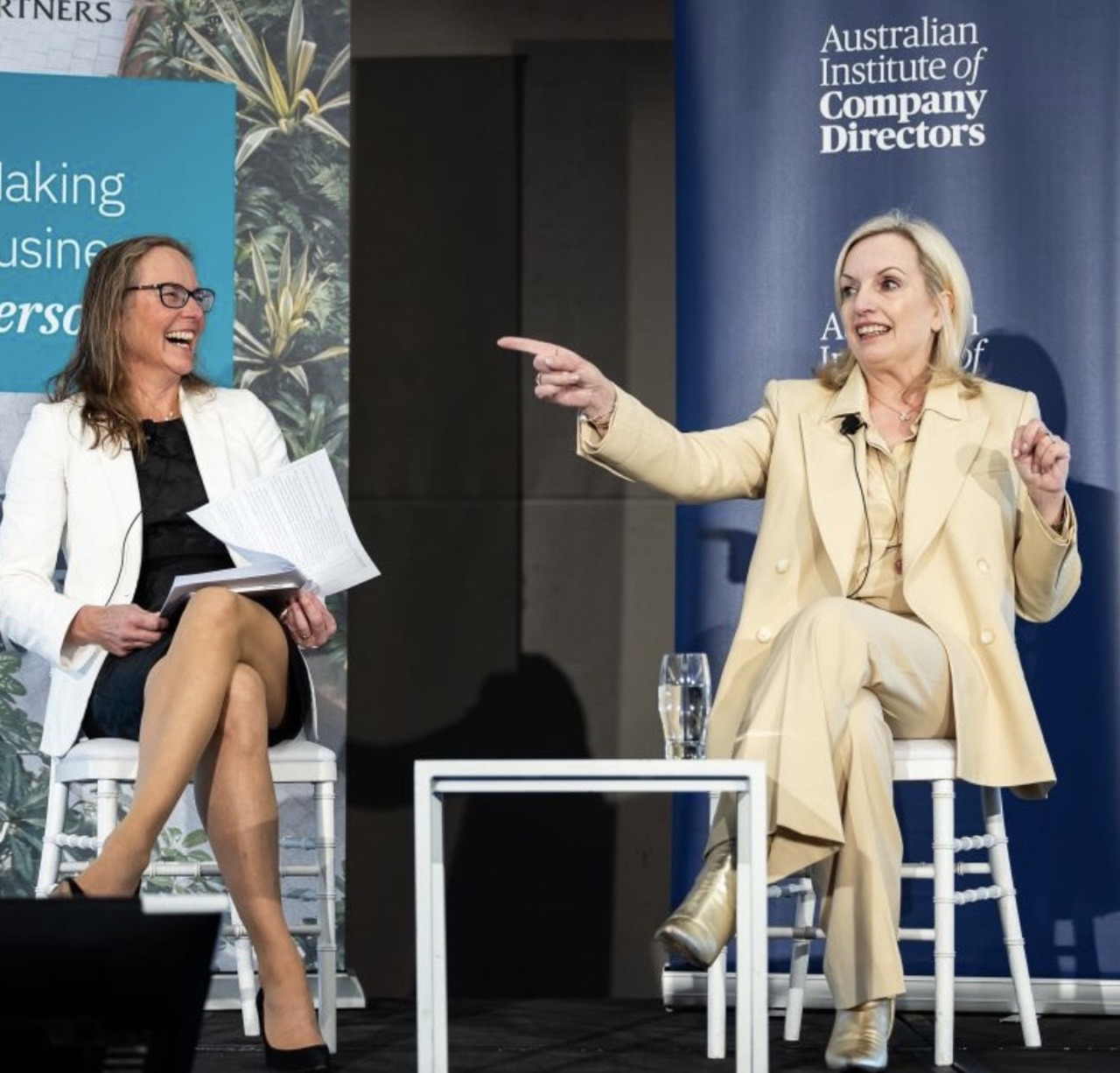
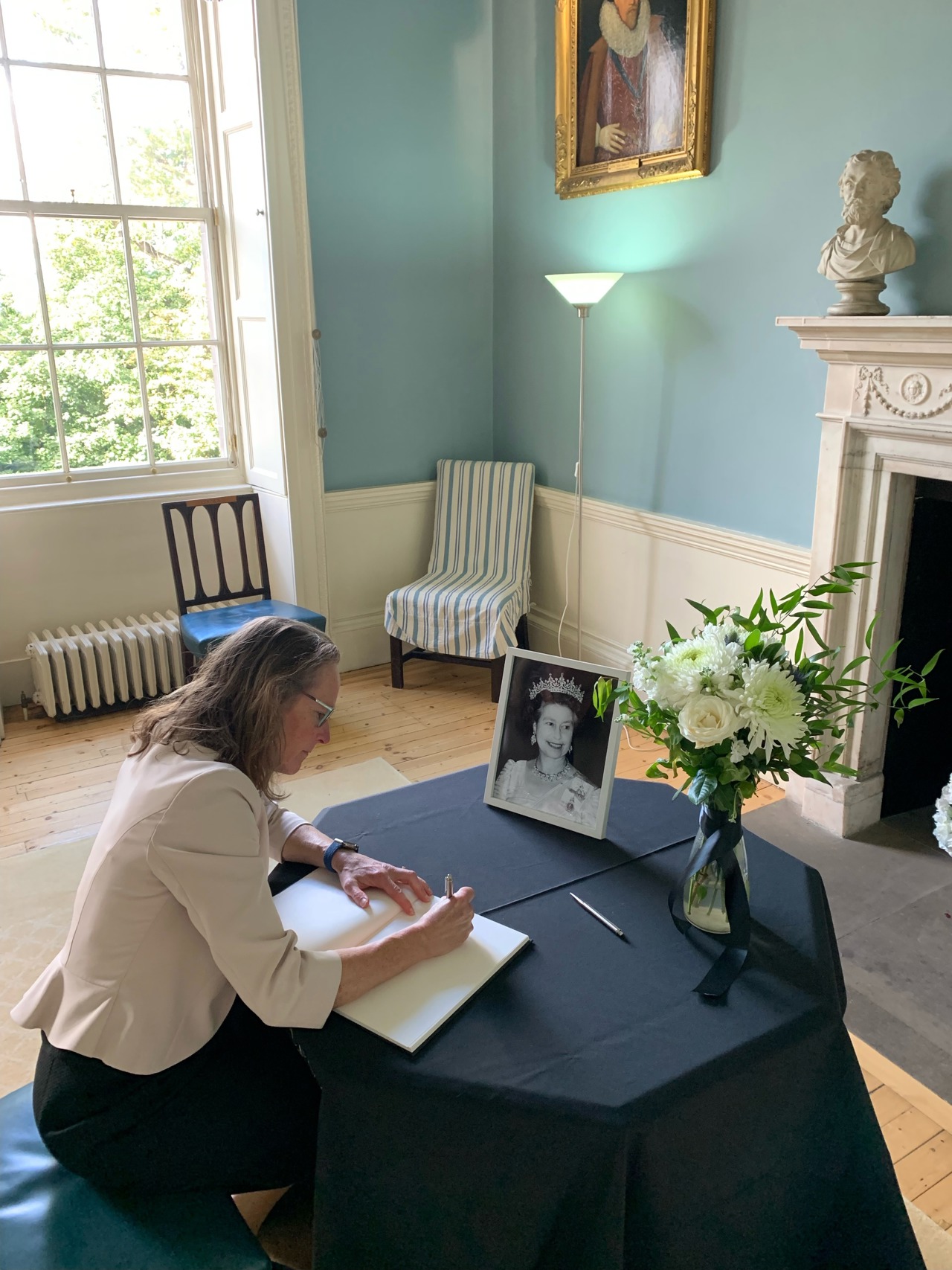
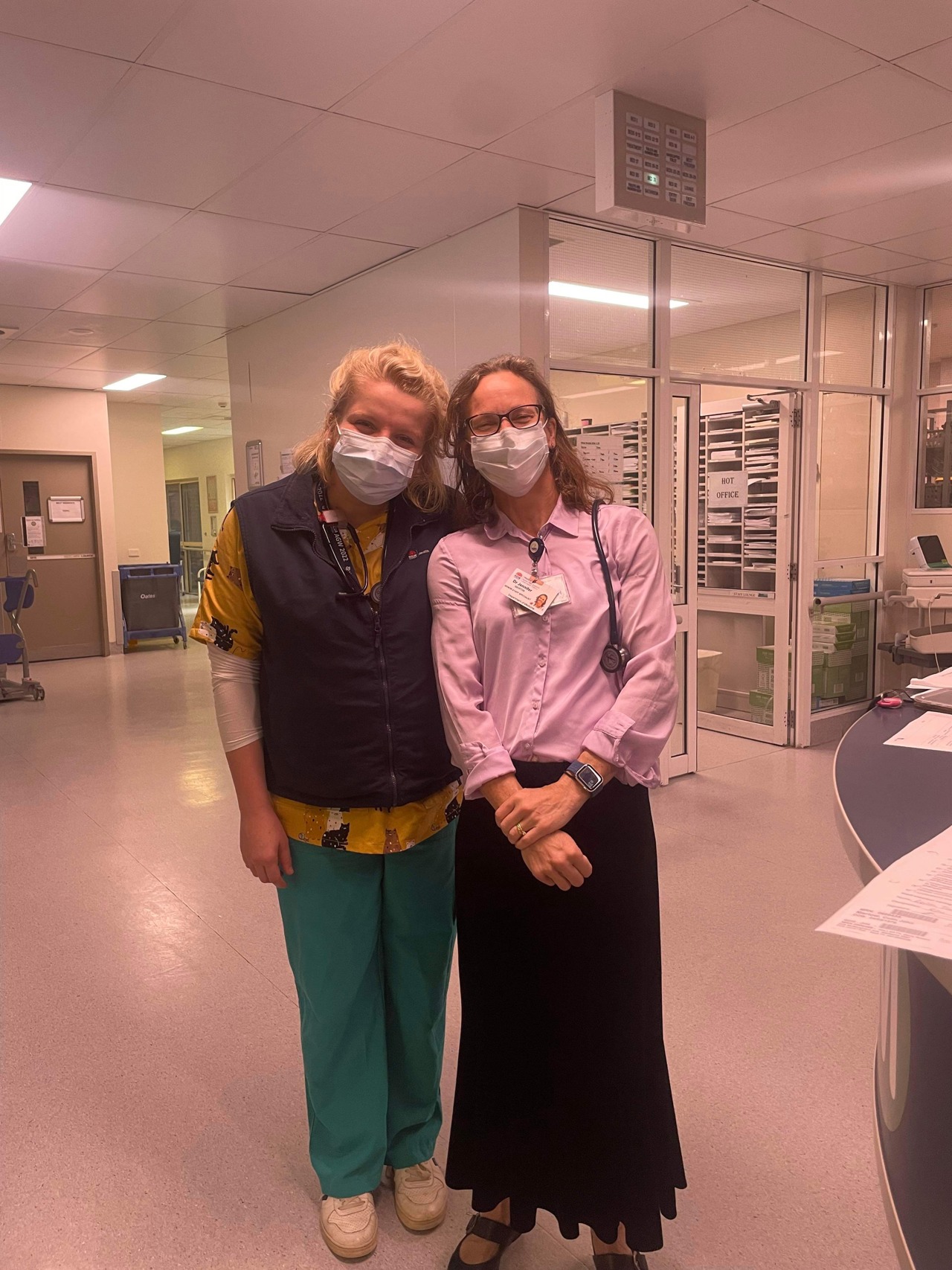
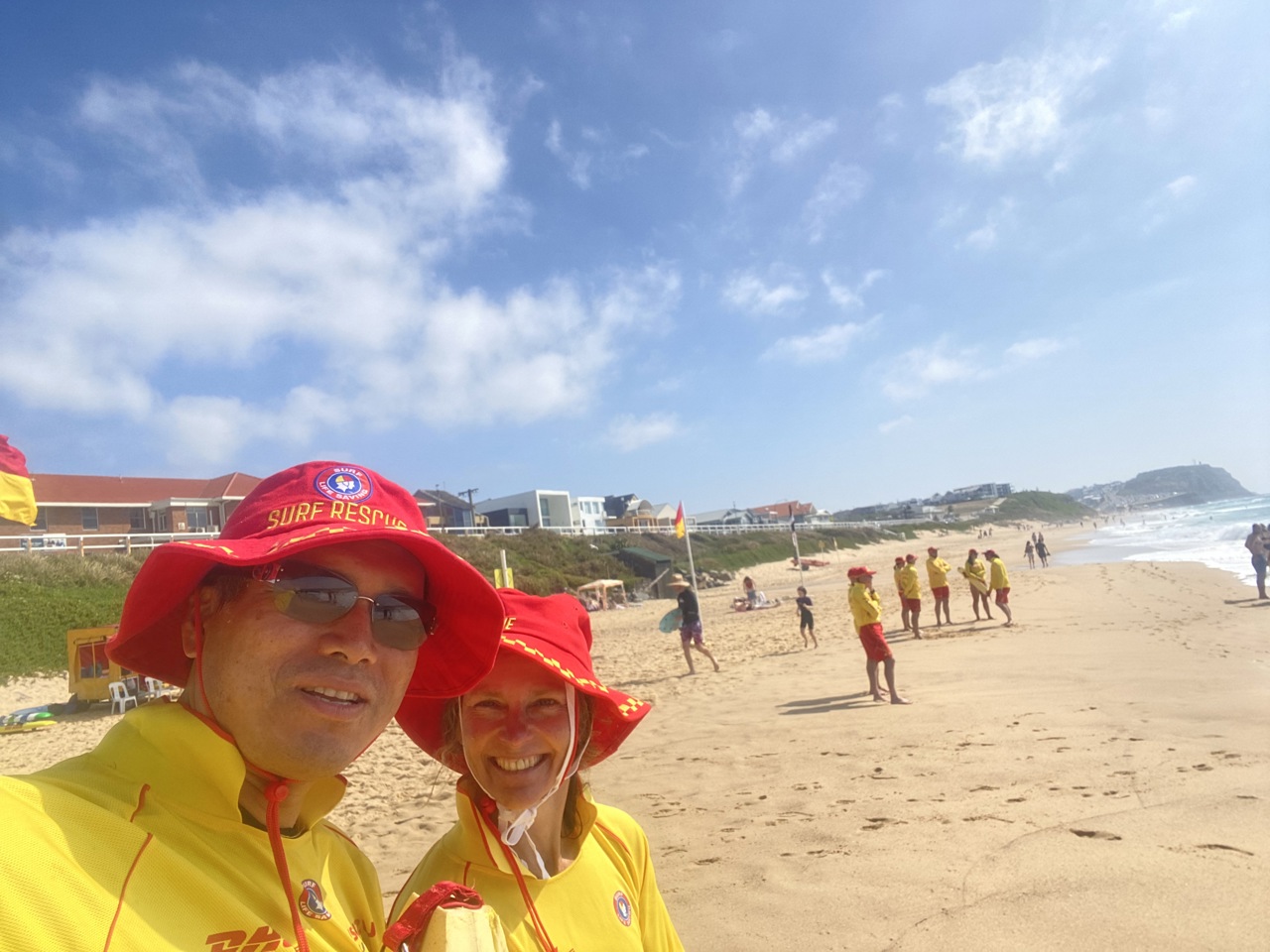

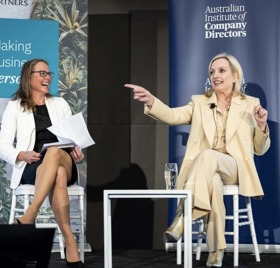
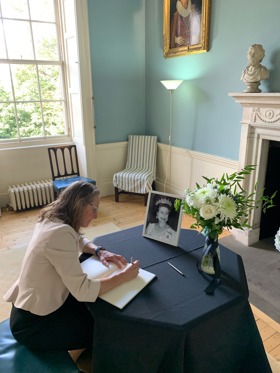
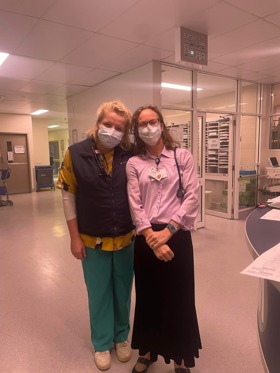

‘You’d probably call me a smartarse now’
I grew up in Wellington in the 1970s and I would say it was quite a laissez-faire, organic type upbringing with a real sense of community. We would ride our bikes around and walk to school and we’d just take ourselves for a swim or walk through the rockpools, and even our dog would come swimming with us. I enjoyed swimming, running and netball. My school reports said that I was cheeky, and I could be a bit of a nuisance. I think that was because I found schoolwork pretty easy so I would just get through it and then have to fill the lesson up with something else. I loved reading, and I’d go to the library on a Saturday morning with my siblings and get a pile of books. I used to like arguing with people too, even taking the side of an argument I didn’t agree with just to try and win. You’d probably call me a smartarse now. I was certainly confident, and at that time, you certainly had to stand your ground as a woman if you wanted to speak and make your point. That skill has been really useful.
I went to a state school and looking back, it was pretty rough. There were girls who would come in with bruising after their dads had come home and been drinking and had beaten them up. Now, I think about how much more could have been done for them. There was a lot of trauma but we just didn’t have the lexicon for it. One girl who got pregnant and just didn’t come back to school, and there were kids who had to stay home to look after their siblings. There was illness as well because lot of people didn’t have vaccinations. I got caught up in the idea that I could help people. My aunt was a nurse and one day, she said to me, ‘I think you should be a doctor because you’re really good at science and you’re interested in biology and how the world works.’
On applying for the Rhodes Scholarship
I went on to study medicine at Otago University at Dunedin, which is at the bottom of South Island. It was a long way to travel and I was only 17, but we were well looked-after. We did everything together and suddenly I had this really incredible group of friends. I really enjoyed being in an environment where everybody was there to learn.
The year I went was the first year when 50% of the University of Otago’s medical school intake was women and everyone was celebrating. That seems funny now, but at that time, there were still sports that women didn’t do, like the 10,000 metres or the steeplechase, or soccer. We had a lot more opportunities than my mother’s generation, but it was a long way from being equal. I was also really struck by the inequity between the privileged people I was at University with and some of those in the patient cohort we were treating. I’d never seen anyone who’d been knifed before, or who’d come in after a bad drug experience. It was a real wake-up call.
I thought I wasn’t too bad as a doctor, but I did realise that a lot of what I was seeing with patients were actually systems problems. I realised that if I really wanted to change things, I needed to get some skills in policy. When I went to my Dean to talk about it, he suggested I should apply for a Rhodes Scholarship. I pretty much dismissed the idea, thinking you had to be male and an All Black, but the Dean said he would write me a reference. I had had no preparation at all and the interview was an eye-opener. They asked about the doctors’ strike in New Zealand, and about what was happening in Sarajevo. I couldn’t believe it when I won. I said to the woman Governor General who was on the committee, ‘Oh, well, my answers weren’t very polished, were they?’ and she said, ‘Actually, you were like a breath of fresh air, and we know that if we invest in you, you’ll perform really well.’
‘I was interested in the way people think’
I had taken a year off before Oxford to work as a doctor so that I could pay back some of my student loans, and that had been pretty intense. When I got to Oxford, most of my fellow Scholars were American in suits, very confident, telling me all about themselves before I’d even asked. I didn’t know about imposter syndrome then, but that’s definitely how it felt. I was quite homesick as well and then there was an error with my accommodation. Somehow my name had been left off a list. Luckily, Lady Margaret Hall said that they had a spot, and Warden Kenny at Rhodes House was really nice to me, so it did work out in the end.
I didn’t have much to do with the other Rhodes Scholars or with Rhodes House. At Lady Margaret Hall, I tried rowing, and I enjoyed that a lot. I kept up with running too and actually ended up being captain of the Oxford University cross-country club. I had a really good cohort of people with me doing PPE, and we used to have a lot of discussions and debates that would start off at dinner and just carry on after that. I loved my course and it made me understand medicine quite a bit more. I was interested in the way people think, how they respond to engagement or treatment, or why they take drugs, for example, and PPE sort of gave me a framework.
‘I’d grown up believing I could have it all, but it’s exhausting’
I’d actually enrolled for a DPhil in the Sociology of Health. But a lot of my friends were leaving Oxford and I felt anxious about being alone in a research lab for the next three years. I ended up going back to New Zealand, and I thought I would work in government. Then, a job came up at the hospital where my husband was working, so, I took that. He was studying for his specialist exams for the physician training programme, and I decided to do them along with him.
After the specialist physician training, I was in my early 30s and I wanted to have a baby, but I was worried I wouldn’t be able to get a consultant post. I think I was just pretty burnt out. An academic career seemed an opportunity to actually have a bit of freedom and do policy and research and teaching. I had my children during that time and it worked out well, but I have to say that finding a balance is very hard. A lot of my role now is supporting women in their careers, and I find myself going through this with them. I’d grown up believing I could have it all and model this to other women, but I’ve seen other women struggling with it too and it’s exhausting.
I’m now the President and Chair of The Royal Australasian College of Physicians and over a period of time we’ve changed our training pathway so that people can train more flexibly, working part-time, this works better for anyone who wants to have a baby or has other caring duties. I feel good that we did finally achieve that. Our election process has been changed to make sure we have women and people of colour applying. We’ve realised that there is likely racism throughout our College and we’re doing things to tackle it. Being in this role feels like the chance to address a whole lifetime of things that have troubled me.
‘You’ll all find your own way to lead and deliver on the Rhodes legacy’
I really just love being a doctor. It nourishes my soul, and I’m a person who needs to feel like I’m doing something useful. I think that’s probably where I’ve had the most reward in my career. I’ve also really enjoyed being involved with the Rhodes Scholarship in New Zealand, serving on selection committees and mentoring young people. I felt that was giving back a bit. To today’s Rhodes Scholars, I would say that you can give back in your own area. You don’t have to follow some sort of pro forma about what’s expected of a Rhodes Scholar. You’ve all been selected for your own reasons and you’ll all find your own way to lead and deliver on the Rhodes legacy.
